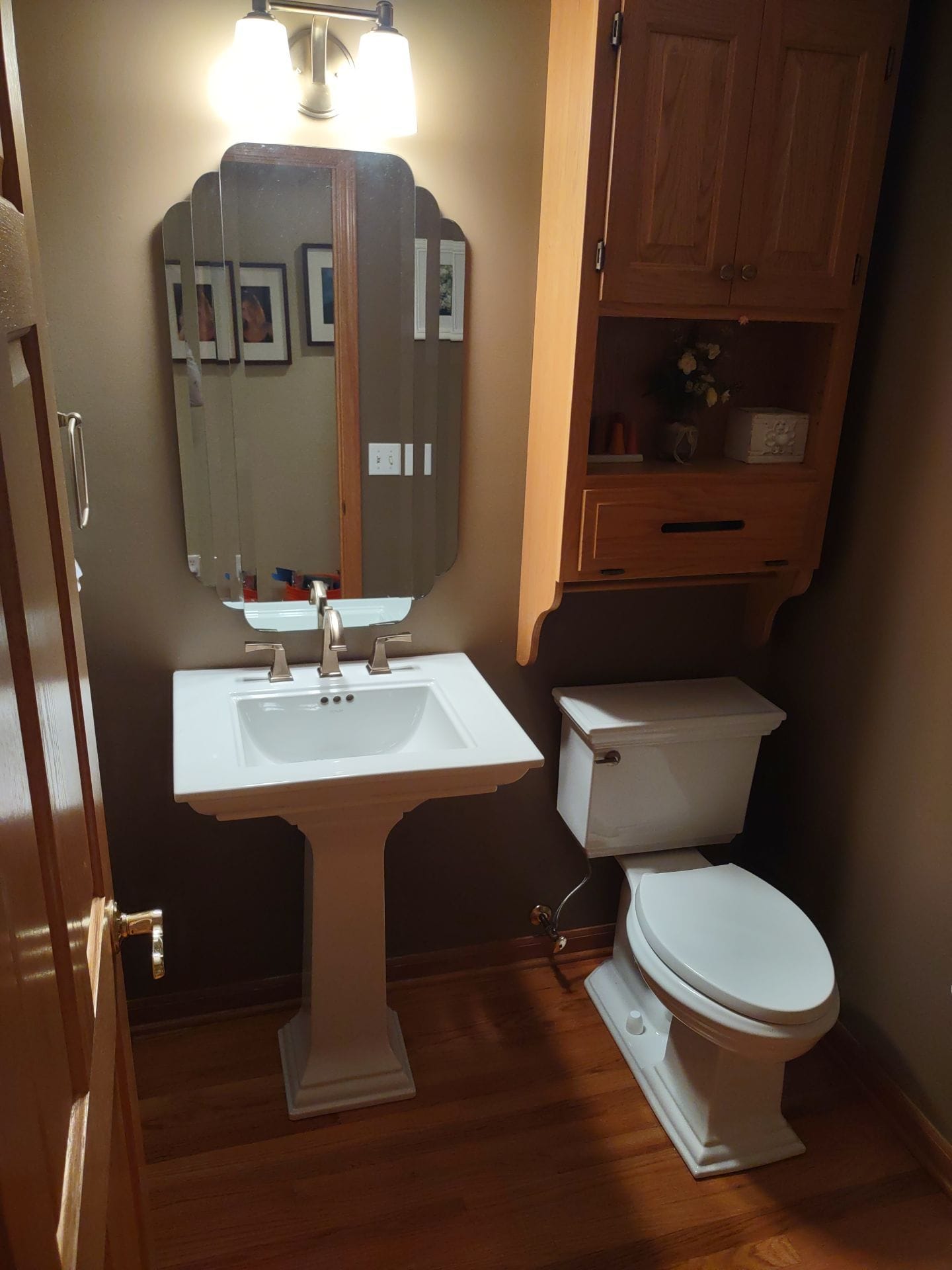
Understanding Water Pressure: Tips for Maintaining Optimal Flow Oct 24, 2025
Water pressure is the force that drives water through the pipes, and it is measured in pounds per square inch (PSI). Ideally, a home's water pressure should be between 40 to 60 PSI for optimal flow. Lower pressure may result in a trickle from your faucets, while excessively high pressure can strain your plumbing system and lead to damage over time. To understand and maintain water pressure, you need to consider several factors.
One common issue affecting water pressure is a clogged aerator or showerhead. Mineral deposits can build up over time, reducing the flow of water. A simple solution is to remove the aerator or showerhead periodically and clean it with vinegar to dissolve the deposits. This small maintenance step can make a significant difference.
Another factor is the condition of your pipes. Corroded or old pipes can narrow and restrict water flow, causing low pressure throughout your home. Regular inspections and timely pipe replacement by professional plumbers, like those at Top Notch Plumbing and Drain Cleaning, can prevent this issue and ensure your plumbing system remains efficient.
Leaks are another culprit of low water pressure. Even a small, undetected leak can significantly reduce water flow and increase your water bill. If you suspect a leak, it's essential to act quickly. Check for signs of water damage, such as damp walls, floors, or ceilings, and contact a qualified plumber to assess and repair the issue.
The water pressure regulator plays a vital role in maintaining optimal flow. This device, usually located near your home’s water main, adjusts the incoming pressure to a safe level. If you notice a sudden drop or spike in pressure, it could be due to a malfunctioning regulator. It is advisable to consult a professional to test and potentially replace this component to avoid further complications.
For those on a public water system, changes in supply can also affect water pressure. If your neighbors are experiencing similar issues, it might be worth contacting your water supplier. They could provide information on any ongoing maintenance or infrastructural work that might be influencing the water pressure in your area.
Homeowners with a water well system should ensure their pressure tank and pump are functioning correctly. A faulty pump or pressure tank can lead to fluctuating water pressure. Regular maintenance checks by a professional service can help identify issues early and keep your system running smoothly.
In conclusion, ensuring optimal water pressure requires regular maintenance and timely attention to potential issues. By understanding the various factors that affect water pressure, you can take proactive measures to maintain a steady flow. Remember, a well-maintained plumbing system not only improves water efficiency but also extends the longevity of your pipes and fixtures. For professional assistance, consider reaching out to experts like Top Notch Plumbing and Drain Cleaning, who are always ready to help you achieve the best performance from your plumbing system.
/filters:no_upscale()/media/7165dae5-215a-4280-87ef-73c34f5cecb4.jpeg)
/filters:no_upscale()/filters:format(webp)/media/26201ab3-1e9c-4043-8c7e-0f2b32325356.jpeg)